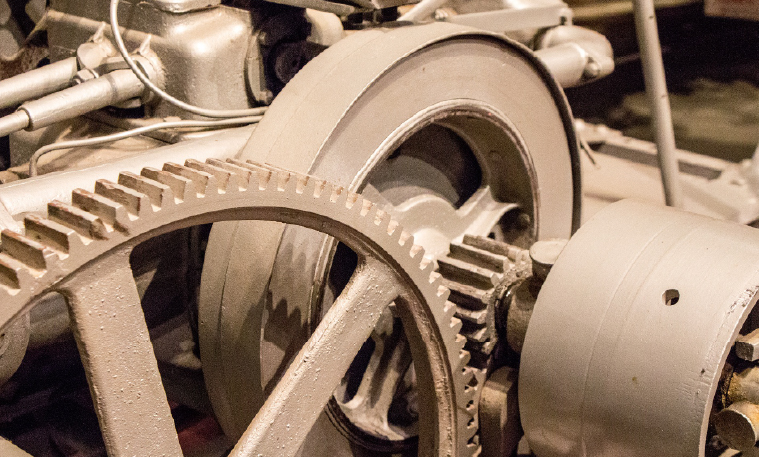Mobile:+86-311-808-126-83
Email:info@ydcastings.com
Two Varieties of Impellers Used in Centrifugal Compressors Explained
The Two Types of Centrifugal Compressor Impellers
Centrifugal compressors are essential components in various industrial applications, including air conditioning systems, refrigeration, and gas pipelines. They operate by converting kinetic energy generated by a rotating impeller into pressure energy in a gas streamline. Understanding the different types of centrifugal compressor impellers is crucial for optimizing performance and efficiency in specific applications. Broadly speaking, there are two main types of centrifugal compressor impellers open impellers and closed impellers.
Open Impellers
Open impellers consist of a series of blades attached to a central hub, with no shroud or cover at the outer diameter. This design allows for a more straightforward construction, enabling improved accessibility for maintenance and cleaning. Open impellers are typically used in applications where the gas being compressed might contain particulates or where the flow requirements necessitate a more significant passage for the fluid.
One of the primary advantages of open impellers is their ability to handle larger amounts of entrained solids or liquids. The absence of a shroud means that the blades can move these substances more freely without the risk of clogging or obstruction. This makes open impellers particularly advantageous in agricultural applications or in industries where the gas stream may contain corrosive, viscous, or particulate-laden substances.
However, open impellers come with some drawbacks. They usually exhibit a lower efficiency compared to their closed counterparts, primarily due to increased internal recirculation and the potential for flow separation. Additionally, since open impellers lack a protective cover, there is a higher risk of blade damage, which can lead to more frequent maintenance requirements and potential downtime.
Closed Impellers
the two types of centrifugal compressor impellers are

Closed impellers, on the other hand, feature a cover or shroud that encapsulates the outer edge of the blades. This design leads to a more streamlined flow path, resulting in better aerodynamic efficiency. Closed impellers are commonly used in applications where high-pressure ratios are needed. The shrouded design minimizes the occurrence of flow separation and turbulence, thereby enhancing the overall performance and efficiency of the compressor.
The primary advantage of closed impellers is their higher efficiency, making them suitable for applications requiring significant pressure boosts. They tend to operate at lower specific speeds, which can be beneficial for compressors designed for continuous operation under varying loads. Furthermore, closed impellers can achieve better performance with gases that are less likely to carry solids or liquids, making them ideal for clean air compression and other similar applications.
Despite their advantages, closed impellers also come with disadvantages. The enclosed design can restrict the passage of larger particulates or slurries, risking blockage or damage if such materials enter the compressor. This necessitates the use of filtration or separation equipment upstream, adding complexity and potential costs to the overall system.
Conclusion
In summary, the choice between open and closed centrifugal compressor impellers largely depends on the specific requirements of the application involved. Open impellers offer robustness and versatility in handling challenging inflow conditions, making them suitable for various processes where particulates are present. Closed impellers, on the other hand, deliver superior efficiency and performance in cleaner gas streams, making them ideal for high-pressure applications.
When selecting the appropriate impeller type for a centrifugal compressor, engineers must consider factors such as the cleanliness of the gas stream, required efficiency, maintenance capabilities, and the specific operating conditions of the application. By carefully analyzing these factors, industries can ensure optimal compressor performance, thereby enhancing productivity and reducing operational costs. Ultimately, understanding the distinctions between open and closed centrifugal compressor impellers is essential for achieving efficient and reliable gas compression in various sectors.
-
Why Is Choosing the Right Motor Housing Critical for Engine Performance?NewsJul.18,2025
-
Which Impeller Types Best Optimize Your Pump’s Efficiency?NewsJul.18,2025
-
Optimize Maintenance Efficiency with Durable Oil Catch SolutionsNewsJul.18,2025
-
Maximize Pump Performance with Precision-Engineered ComponentsNewsJul.18,2025
-
Elevate Industrial Flow Systems with Precision-Engineered ComponentsNewsJul.18,2025
-
Boost Durability and Functionality with Precision Power CastingsNewsJul.18,2025











